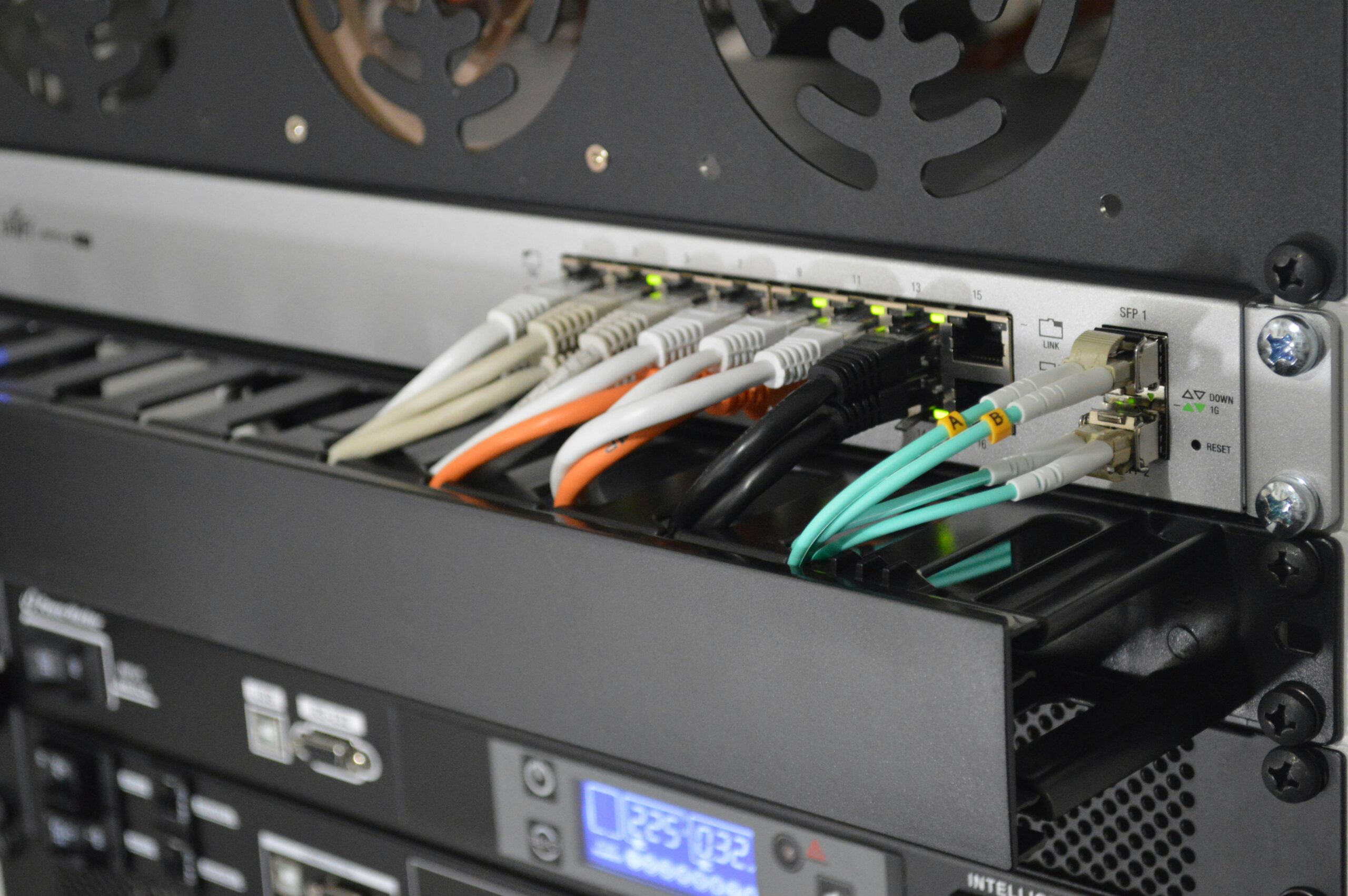North Carolina has joined dozens of other states and U.S. territories in unlocking federal funding for expanding internet access through the Broadband Equity, Access and Deployment (BEAD) program.
The Tar Heel State will receive $1.5 billion to build out broadband infrastructure into rural areas and other underserved communities. With this recent approval, 51 out of 56 eligible states and territories have now completed the initial phases of the BEAD program approval process, gaining access to their designated funds.
In the digital age, reliable high-speed internet has become a critical gateway for accessing online education, finding healthcare and various avenues of economic advancement, including job searches.
RELATED: Arkansas receiving $1 billion to expand broadband internet access
When millions of people were staying home during the pandemic, it underscored how essential internet connectivity has become, yet millions of Americans still lack dependable internet access.
Leveraging funds provided by the 2021 Infrastructure Investment and Jobs Act, the BEAD program is the flagship component to the federal “Internet for All” initiative, which aims to bridge the gap in digital access.
The BEAD program employs a robust, step-by-step approval process to ensure effective planning and execution. States submit an initial proposal in two parts: the first outlining their broadband expansion strategy, and the second detailing implementation plans, including funding strategies and technical approaches.
The National Telecommunications and Information Administration officials work with states such as North Carolina to refine their plans ahead of submitting the second part of their proposal.
After approval, North Carolina can access funds and launch its program. A critical next step is the challenge process, where the state fine-tunes its list of underserved areas to ensure funds go to where they are most needed. This is followed by selecting subgrantees, with North Carolina evaluating proposals from internet providers and other entities to execute specific projects across the state.
In states that received approval earlier, this process is already underway. For example, Louisiana has recently launched a significant broadband expansion program utilizing $1.355 billion to support broadband access throughout the state. This initiative aims to expand broadband access to 140,000 locations. The program is expected to create 8,000 to 10,000 new jobs, increase GDP by $1.3 billion and generate $2 to $3 billion in new revenue for Louisiana companies.
North Carolina’s BEAD funding complements the state’s existing efforts to improve broadband access. In 2021, North Carolina established the Growing Rural Economies with Access to Technology grant program, allocating significant state funding for broadband infrastructure. The program has already resulted in fiber optic cables being installed across the state.
With federal funds augmenting these existing efforts, North Carolina is making strides towards ensuring internet access for all residents.
Photo by Thomas Jensen on Unsplash













